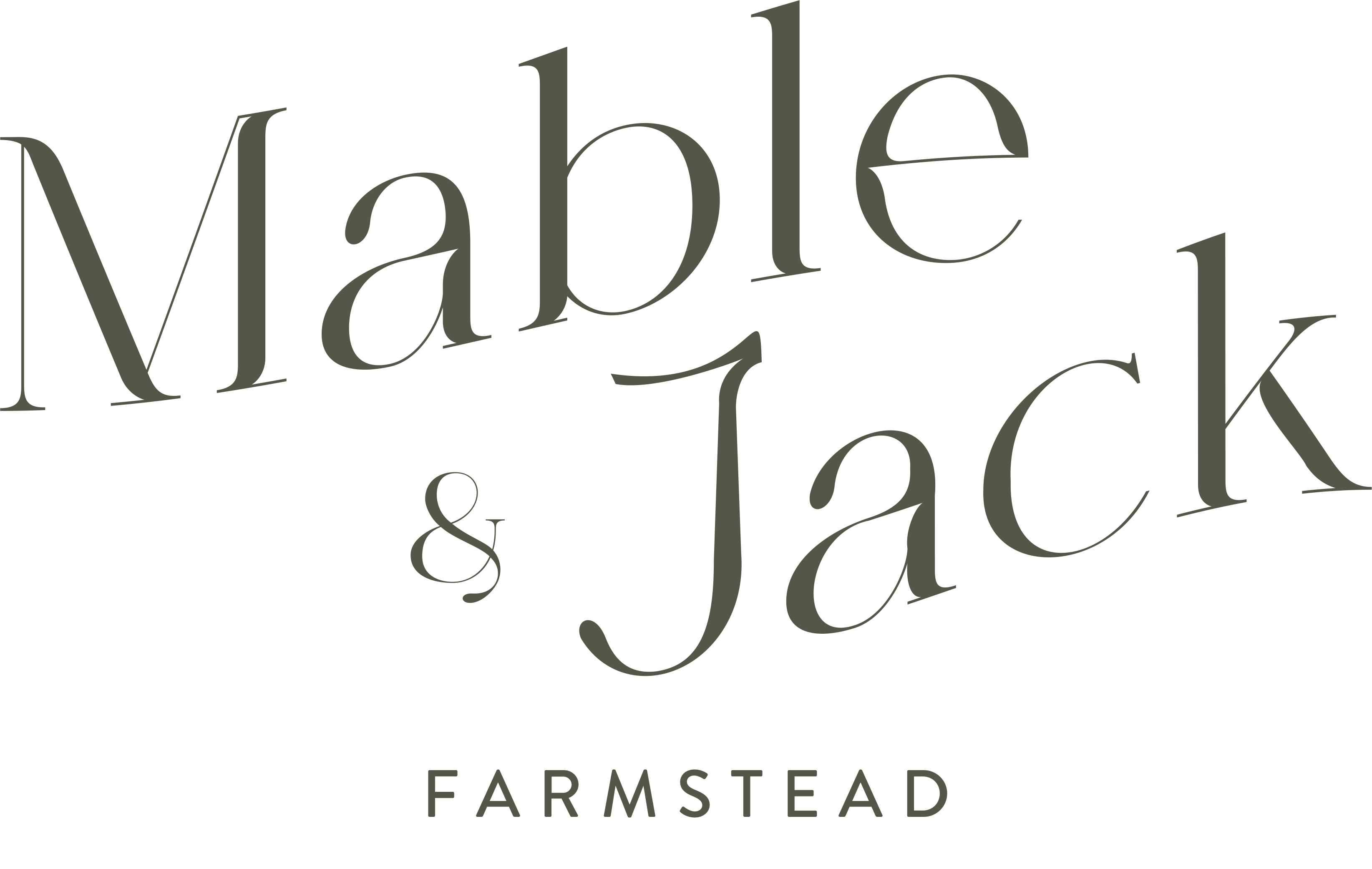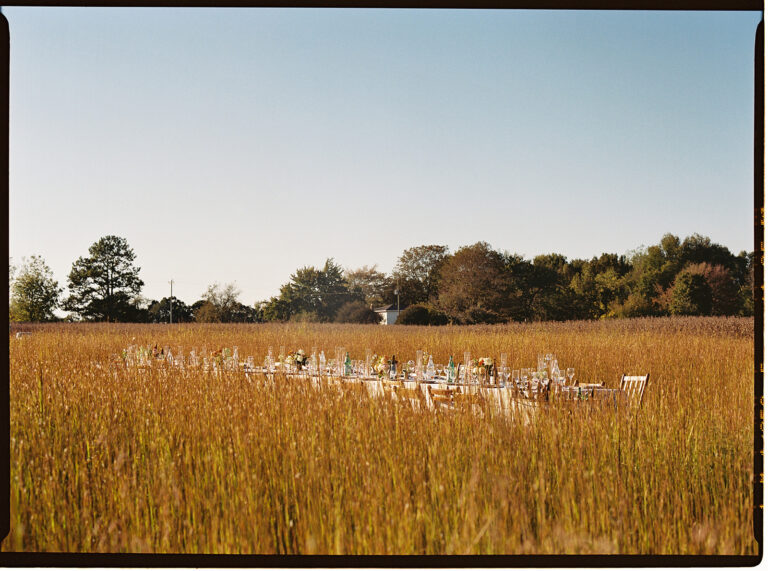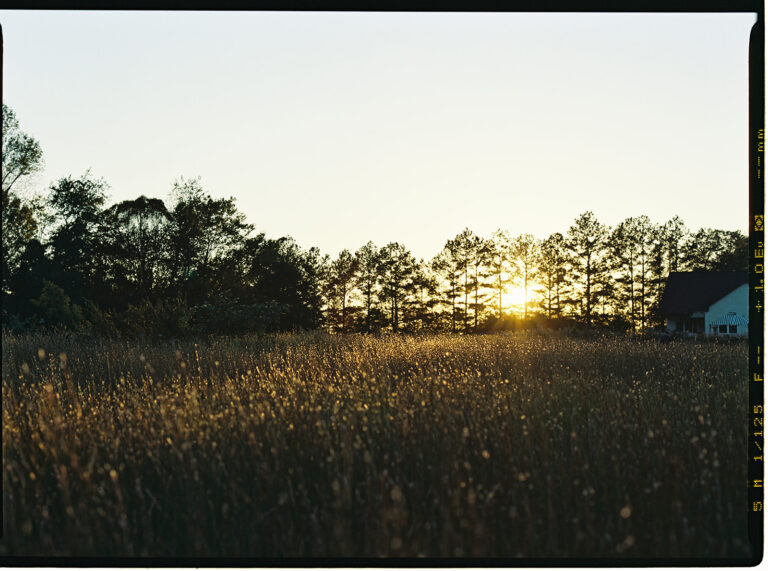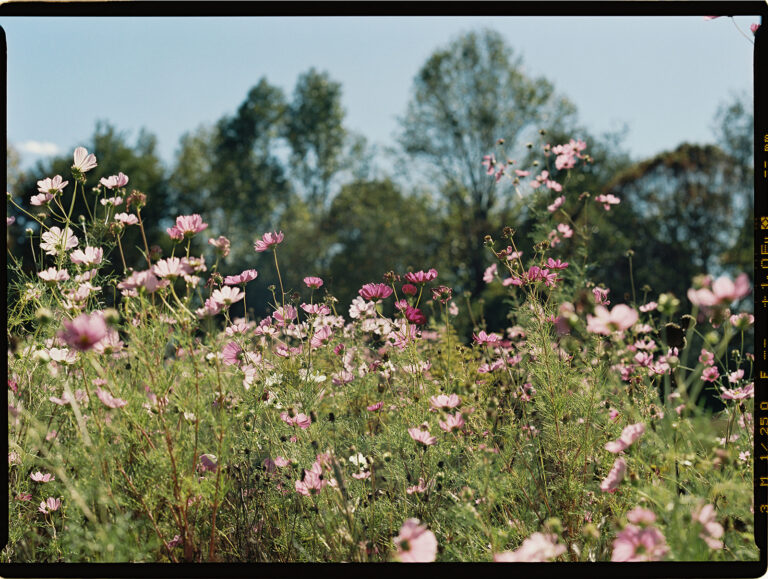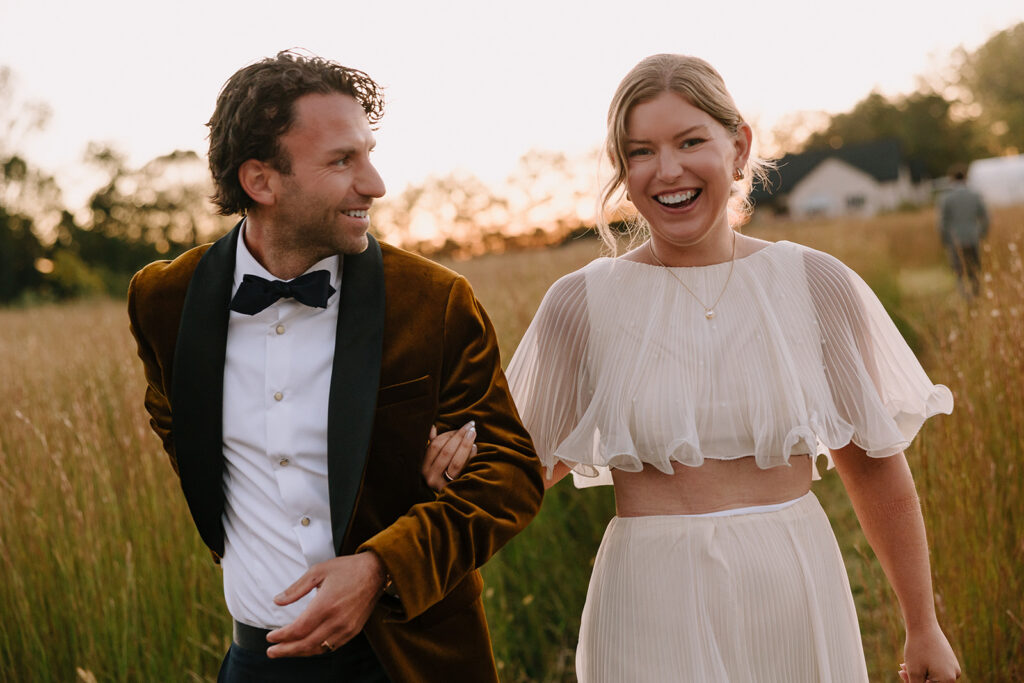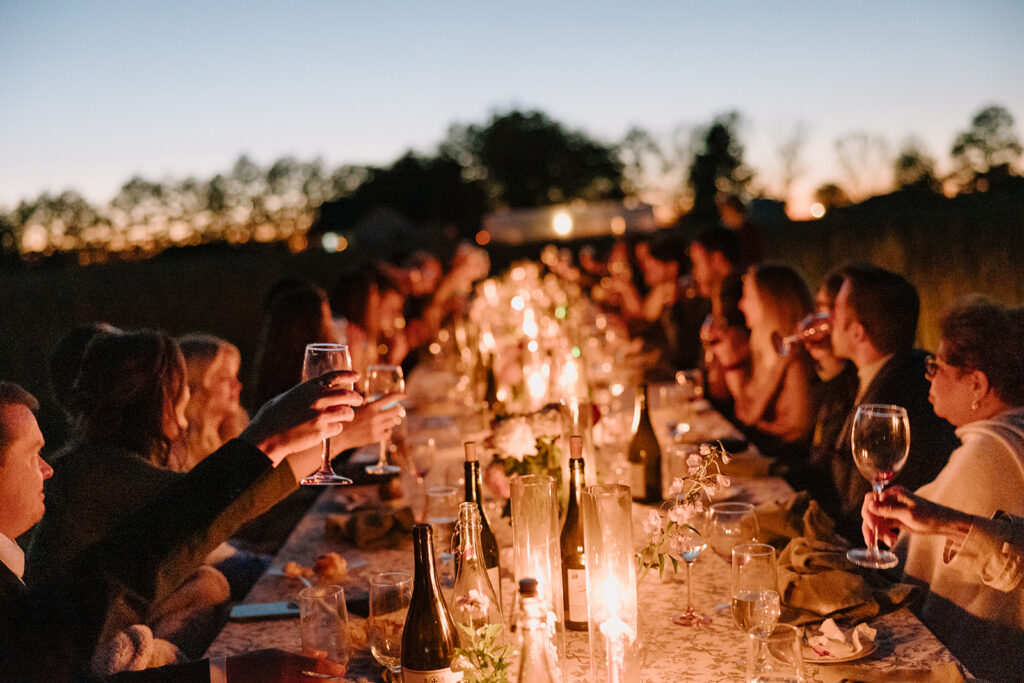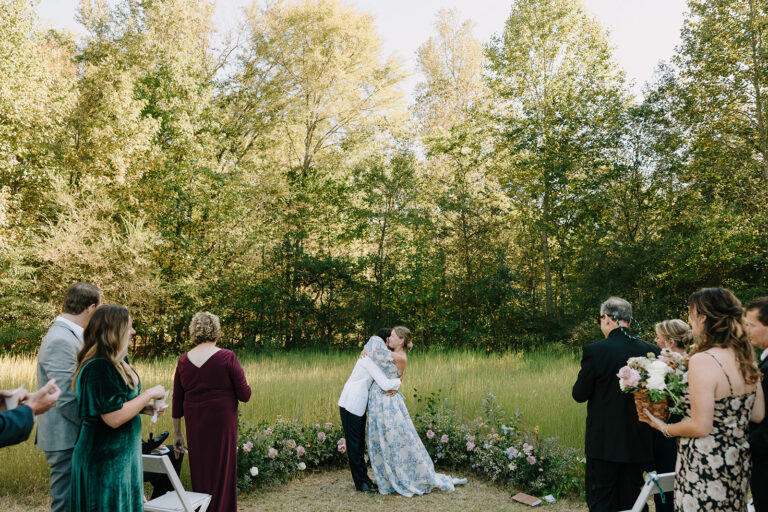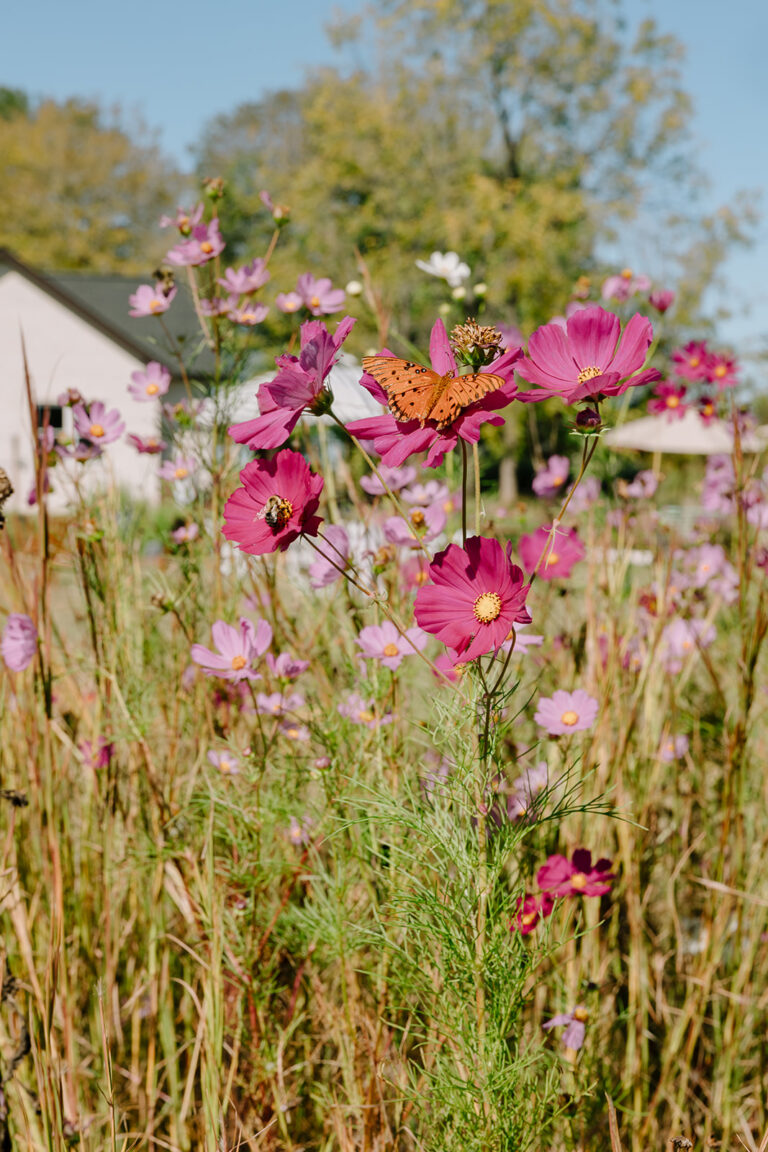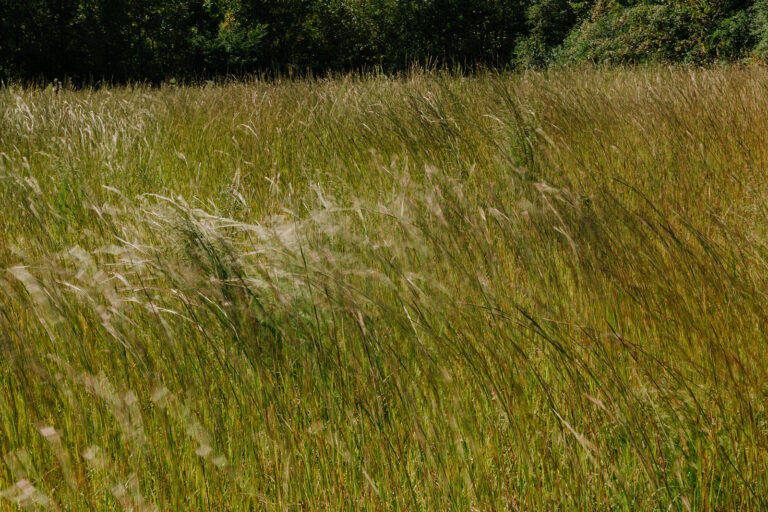What We're Rooted In
The values, principles, and beliefs that guide us at Mable & Jack.
Family and Friends
For us there is nothing more important than our relationship with each other, with our family, and with our friends. A life shared with a loving partner and a close community of family and friends is a good life.
Gathering with Friends and Finding a Community
We believe that there’s purpose and power in gathering. Whether that’s conversations around the table with family, hosting a dinner party, or simply enjoying the company of friends — we are always looking for ways to gather and share in community.
Finding and participating in a community is just as important as it ever was. Our digital connections cannot replace the personal ones. We must support each other and find support from our community.
Health
Health is one of our top priorities. Over the past few years, we’ve both navigated health journeys that resulted in a variety of lifestyle changes. Together, we’ve found a balanced approach to our health and when it makes sense, we share those things with others. As much as possible, we source our meat and produce locally, grow vegetables and herbs in the garden, and are conscious of the products we use in our home.
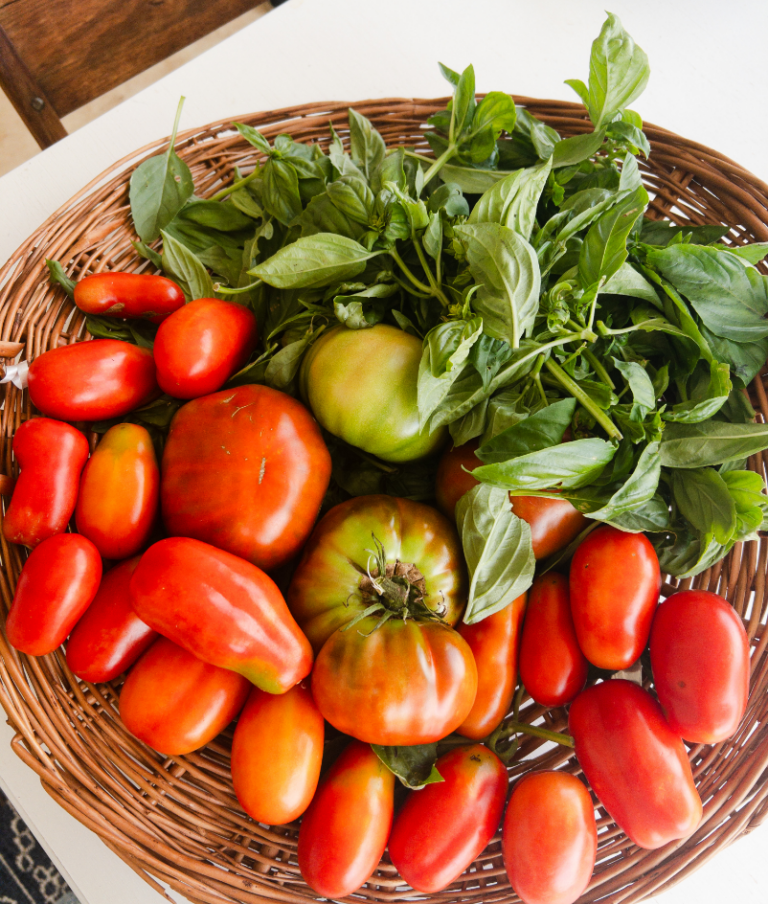
Sourcing Local Food
One of our goals each year is to source our food more locally than last. It is important for us to know where our food comes from and to purchase that food from local producers in our community. Each week during the growing months, we go to one Huntsville’s farmer’s markets and buy meat, produce, and goods from local farmers and vendors.
This past year we started to grow some of our own food. This was both fun and challenging. We really enjoyed it and loved cooking with homegrown herbs and vegetables. We plan to continue and expand our garden this year. See our 2024 Farm Plan for more details on what we’re planning.
Home Cooking
We are firm believers in the power of home-cooked meals. We both love to cook and some of our favorite memories are nights spent cooking over the fire, field lunches on the farm, or dreaming up new ideas in our home kitchen. Chris has begun to develop recipes from our kitchen to yours. We are passionate about sharing the accessibility of farm-to-table cooking.
Low-tox Products
We support our health by mindfully filling our home with products that contain no or as little toxic chemicals as possible. Most modern cleaning supplies and bathroom products use chemicals that are categorized as hormone disruptors or act as one. By finding alternatives to these commercial products we can reduce our exposure to harmful chemicals that permeate our everyday lives.
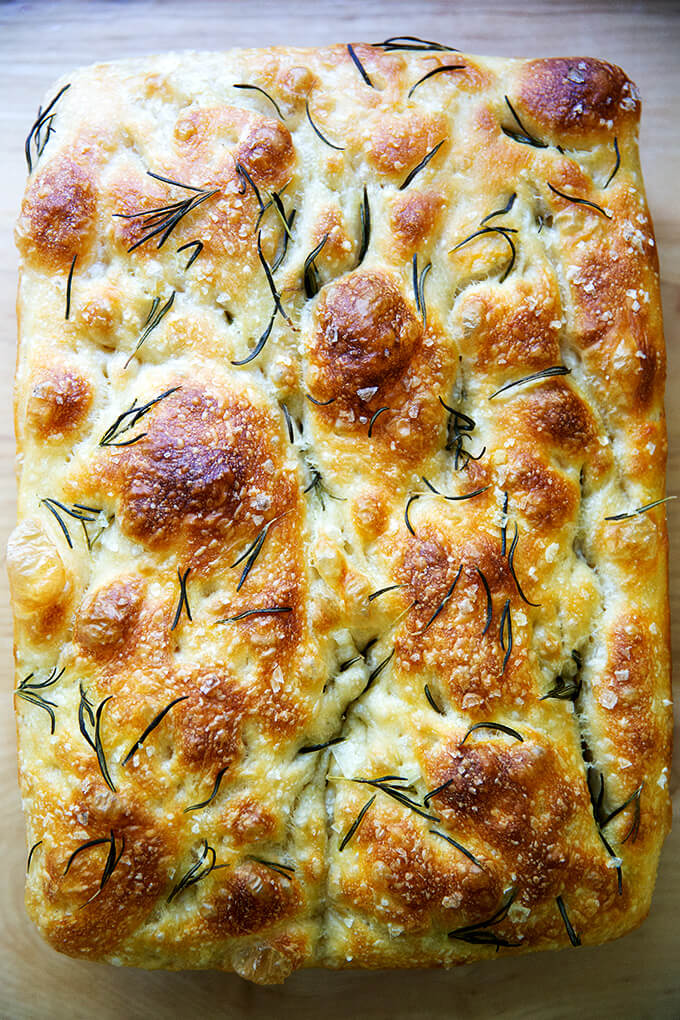
Conservation
We believe that we humans should act as stewards of the land and not owners of it. This belief requires us to act with certain responsibilities that include protecting and conserving the land and its natural inhabitants. We’re doing our part to learn and understand the conservation practices that will help us in our mission to promote the health and vitality of the land.
For example, we do not apply synthetic fertilizers, herbicides, or pesticides in our fields or gardens. As best we can, we keep our ground covered with vegetation, cover crops, or mulch to help reduce erosion and increase the soil’s organic content. In addition to the pollinator habitats we have already created, we have plans to construct a wildlife corridor through the property as a habitat and food source for native species.
While we have a long way to go, we continue to learn and understand the best practices for land and water conservation and plan to share these practices as we implement them on the farm.
REDUCE, RE-USE, REPAIR, RECYCLE, ROT
Part of our jobs as stewards of the land includes minimizing wastes of all kind. We try to do this by following the 5Rs: reduce, re-use, repair, recycle, and rot. We reduce and rot our waste by composting as much as possible. We recycle our glass containers and avoid plastics if we can by substituting them for natural and compostable materials. We enjoy antiquing and thrifting when we find time, but they also have the added benefit of being a source for re-use which helps keep perfectly useable items out of the landfills. And lastly, we take the time to repair broken things if it’s at all feasible.
Regenerative agriculture
When we first visited the farm we noticed how barren the fields looked and how degraded the soil was. After years of conventional farming the land had lost its vitality, and we wanted to bring it back. Through our research we found that many farmers were using regenerative agriculture practices to successfully do just that. By improving the health of the soil, we hope to build an ecosystem that supports more wildlife, produces higher quality food, and ultimately protects the environment.
Regenerative agriculture practices acts as a guide for us in the management of the land and is a key component in our conservation plan.
